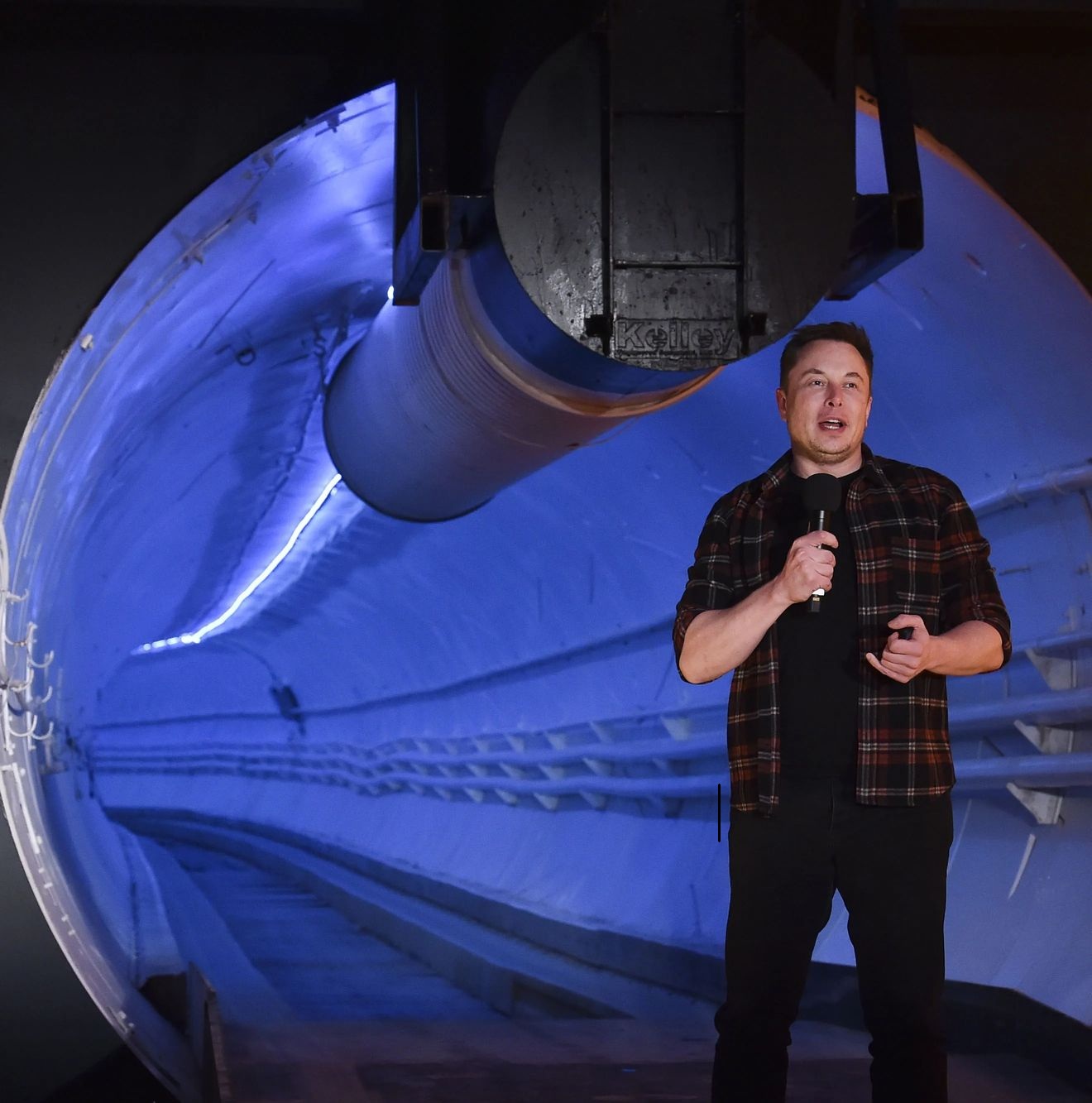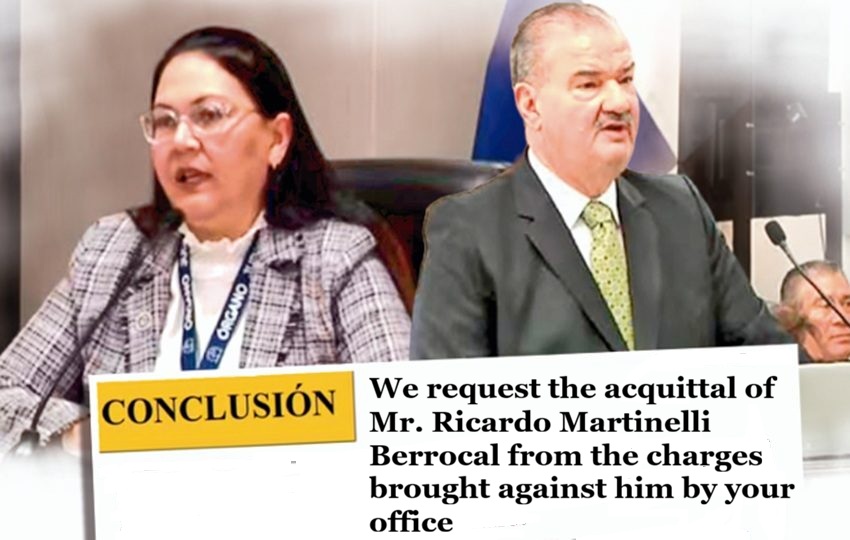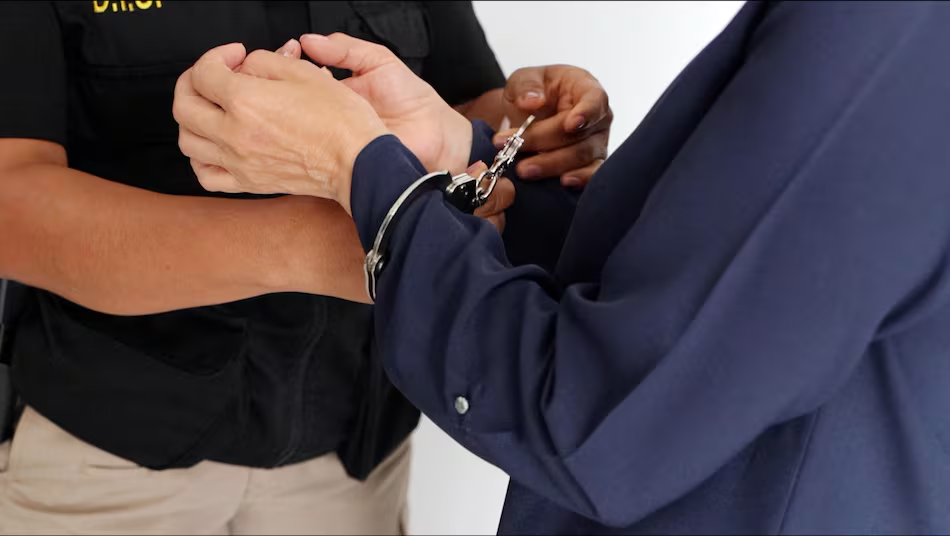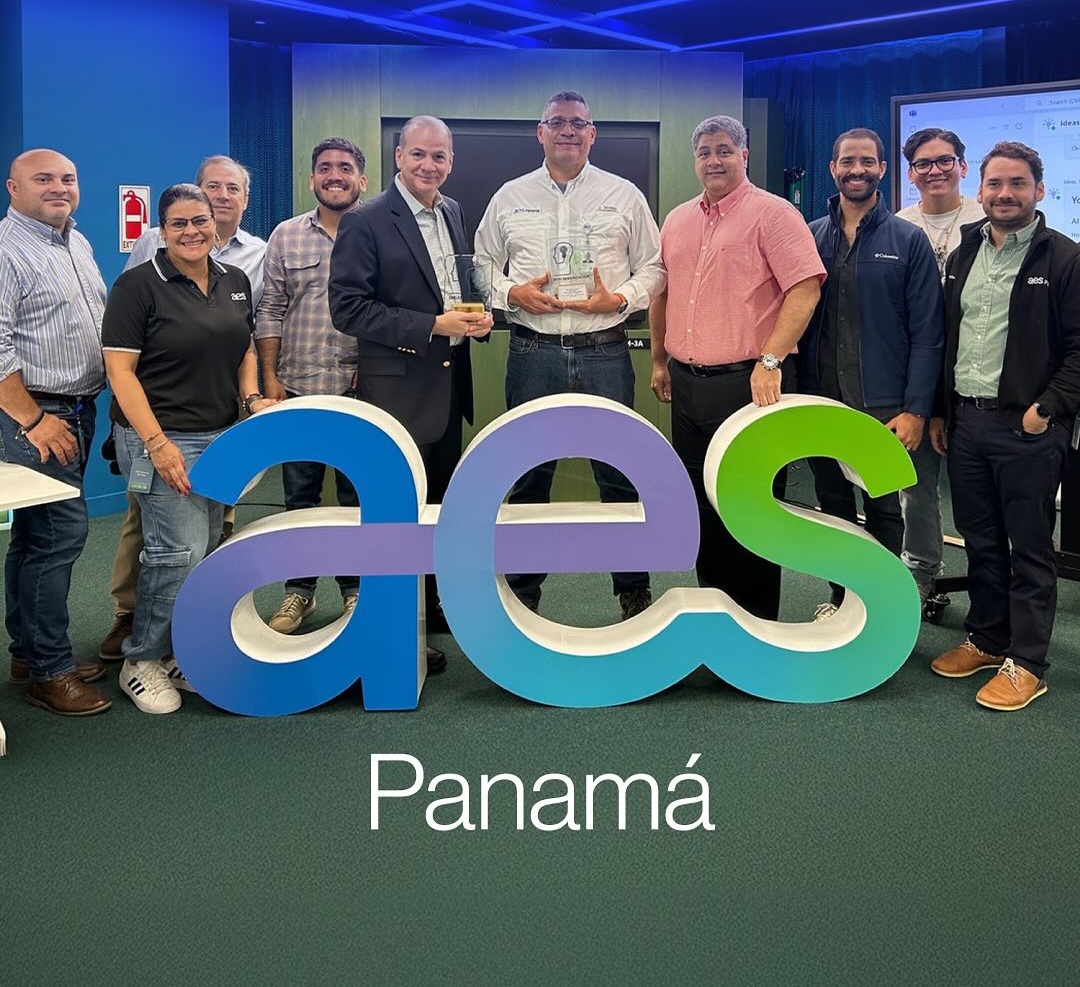President skips press conference on Odebrecht

PRESIDENT Juan Carlos Varela, was noticeably missing from a Tuesday Dec, 27 press conference to announce measures to respond to the revelations of at least $59 million in bribes paid by the Odebrecht company to Panama government luminaries and family members during the Ricardo Martinelli administration (2009-14).
Varela was Vice-president during that period, although stripped of his role as Chancellor.
Since he took office, Odebrecht has received over $2 billion in contracts from the current administration and City Hall, in spite of protests from civil society.
attended by a the government announced yesterday
The conference was scheduled for 6pm, but began over an hour later.
Minister of the Presidency Alvaro Aleman read an official statement from the government but did not take questions.
As Panama reeled from the fallout of the scandal, and prosecutors traveled to Washington and Peru to widen their long delayed investigations Varela was tied up with previous engagements including
a meeting of the National Security Council to discuss measures being put in place for the summer season;
a ribbon cutting ceremony in Santa Ana and the inauguration of a sports complex in San Francisco.
On this last visit, questioned about the official announcement, he said that: “The government has
Responded to this as our responsibility to respond. All our tenders were transparent. We are responsible for our processes and have the assurance that in our administration no one has received any kind of bribes from that or from another company,” reports la Prensa
The measures taken against Odebrecht have been criticized as too lenient for the state’s largest contractor.
The government’s announcement said that Odebrecht will have to compensate the State for the damages caused and withdraw from the process of prequalification of the tender for the design and construction of the fourth bridge over the Canal and Metro Line 3.
The statement also states that the Brazilian construction company must accept its guilt of acts of corruption, related to the payment of bribes, and collaborate “widely and without limitations” so that the Public Ministry (MP) can prosecute those responsible.





